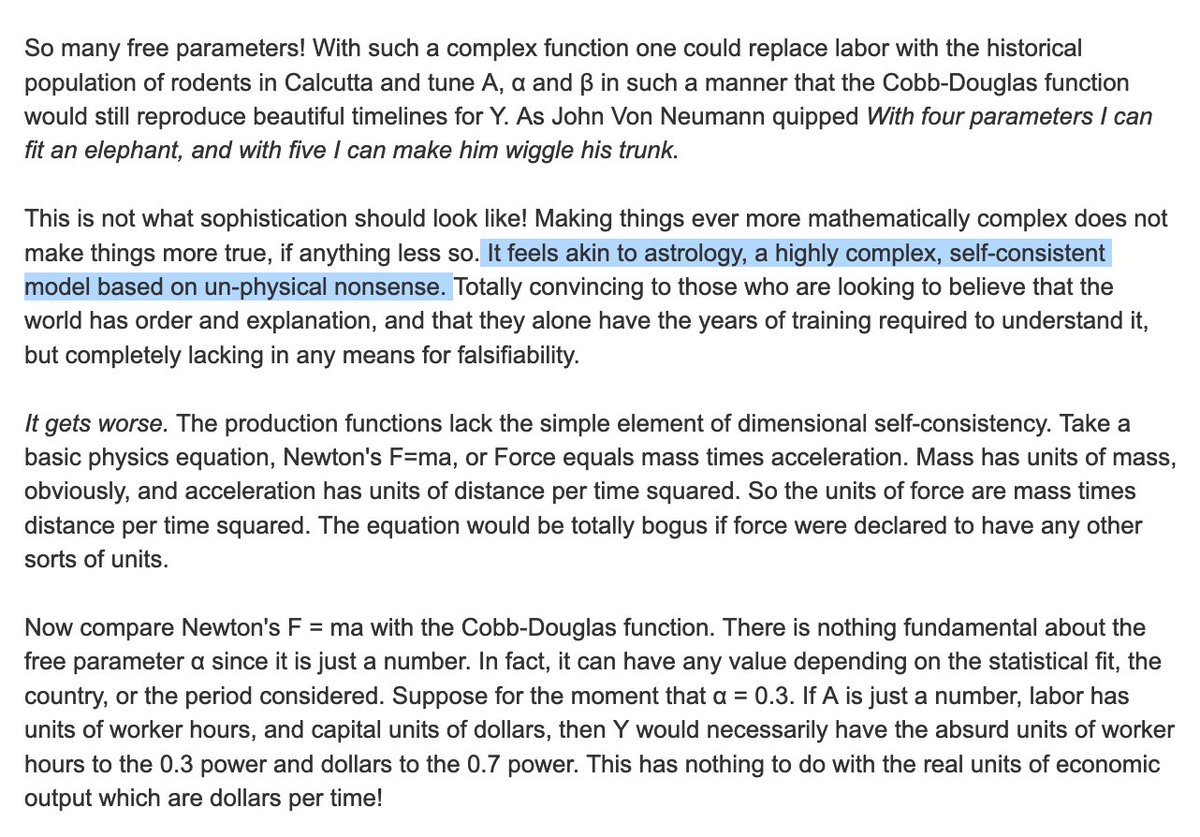
Why scientists disagree on physical reality: Some have uncritically taken up the political symbolism of "carbon budgets" for "1.5/2°C," a (1) message to mobilize people; and, confusingly, (2) governance metric to permit more(!) business-as-usual. In reality, budgets are negative. 
https://twitter.com/PGDynes/status/1490626058554589185

@ScientistRebel1 is correct. Julia is co-author of IPCC AR6 WG1 (physical science basis), ch.3 (mitigation), inspiring scientist-activist. But we need to know that the IPCC has always been about geopolitics. Some history, please read all three (Agrawala):
https://twitter.com/_ppmv/status/1462048573760102416
@ScientistRebel1 The IPCC is a stunning, unprecedented effort by scientists. But like the AGGG, we now artificially extend overcome structures. Climate is too fast-moving for the current climate regime (IPCC, UNFCCC, etc.). Policy innovation, again, is needed. Political scientists, where are you? 

Both (1) an elite corporatist model with closed-door interaction between a experts and stakeholders (AGGG) and (2) the consensus-based, slow model (IPCC) are unfit for near-future challenges, given the state of the international system. So, what can we do?
(3) New forms evolve, via public-facing independent advisory bodies like @ClimateCrisisAG; advice to Citizen Assemblies (@W_Lucht); and, yes, @ScientistRebel1 who leaked an IPCC draft. We need more institutional experimentation & more experts to speak up.
https://twitter.com/ScientistRebel1/status/1430100753029476367
Simple slogans help governance, so I understand it's easier for us all to say "1.5°C," than explain complex counterintuitive dynamics to people. Most policymakers will lack the time to follow.
But the climate doesn't care what is convenient or how well we reorganize the economy.
But the climate doesn't care what is convenient or how well we reorganize the economy.
IMHO a strong dynamic hypothesis is that
(1) current institutional design, as Agrawala argued in the case of the IPCC, was an evolutionary necessity in the 1990s and 2000s; but
(2) now institutional inertia keeps us collectively trapped in models that outlived their usefulness.
(1) current institutional design, as Agrawala argued in the case of the IPCC, was an evolutionary necessity in the 1990s and 2000s; but
(2) now institutional inertia keeps us collectively trapped in models that outlived their usefulness.

H2:
If existential risk is not made transparent to non-experts, including by reflecting natural resource depletion, ecological overshoot, and climate dynamics fully in models* that inform current policy, we can't proactively reorganize the economy.
*IPCC, IEA, legislation, etc.
If existential risk is not made transparent to non-experts, including by reflecting natural resource depletion, ecological overshoot, and climate dynamics fully in models* that inform current policy, we can't proactively reorganize the economy.
*IPCC, IEA, legislation, etc.
Etc. These questions can be framed any # of ways. I appreciate e.g. @aeberman12's focus, as contrast to current climate policy narratives.
Time for all this to be discussed in public at high level.
We're at our limits, given time & resource constraints.
Time for all this to be discussed in public at high level.
We're at our limits, given time & resource constraints.
https://twitter.com/_ppmv/status/1488218988316442629
The above as background for Art's analysis:
https://twitter.com/_ppmv/status/1488214701439963140
• • •
Missing some Tweet in this thread? You can try to
force a refresh









